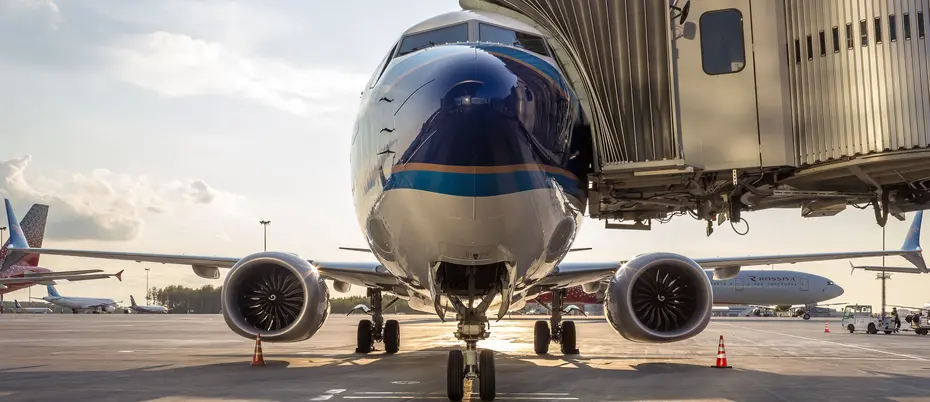Organizational Culture
What leaders should learn from the Boeing 737 MAX emails
Whether building trust with your employees or with your customers, start with transparency and honesty.
Boeing’s new chief executive officially stepped into his role on Monday, taking the reins of the company just days after internal emails and messages highlighting employee concerns for its 737 MAX aircraft were made public. The revelation comes 10 months after the 737 MAX was grounded following two crashes — in October 2018 and March 2019 — that killed 346 people.
David Calhoun not only faces a public relations crisis on his first day, but he also must address the signs of a toxic corporate culture that were missed as far back as 2013.
“The toxic tone of some of the emails suggests that there are numerous problems at Boeing,” said MIT Sloan senior lecturer Neal Hartman. “Of greatest concern is the fear that employees were either uncomfortable or not empowered — or both — to take their concerns to appropriate levels in the company.”
Among the internal documents was a comment from an employee who said the 737 MAX was “designed by clowns, who in turn are supervised by monkeys,” while another claimed they wouldn’t put their family on one of the planes.
Hartman, who teaches management communication and intercultural communication, said the emails are more a sign of employee frustration than flippancy.
He said Calhoun should focus on three areas in his new role:
Changing corporate culture
Boeing’s employees need to be encouraged, empowered, and rewarded for identifying concerns related to the airplanes’ design and safety issues, Hartman said.
For example, Boeing should keep a constant flow of communication between the C-suite and employees, so that decisions at the top are translated throughout the levels of a company. A good corporate culture also encourages employee autonomy so they have the freedom and trust from management to make a decision about a problem in real time.
In his Jan. 13 email to Boeing employees, Calhoun said he would be engaging and “listening closely” to employees and shareholders, to ensure the company is on a path to meeting expectations.
Adhere to clear internal communication policies
Hartman said Boeing needs to adhere to internal policies regarding employee communication such as emails. Establishing those clear lines will help avoid future misunderstandings between humor and sincerity.
“In an open, honest, and transparent culture, it is likely the emails contained in the released documents would not have happened,” he said.
Regaining the public’s trust
Both the airline company and the Federal Aviation Administration want to get the 737 MAX back in the air, but that will require pilot training as well as passengers being willing to fly in the aircraft.
“If and when the airlines believe the 737 MAX is safe to fly, passengers will begin to return as well,” Hartman said. “And then the continuing safety record will impact the results.”
It will be neither an easy or quick process, Hartman added, though one past example Calhoun can look to is General Motors CEO Mary Barra and her approach to handling the company’s 2014 recall.
“She fired a number of engineers who were complicit and clearly announced and implemented the start of a new and open culture at GM,” Hartman said. “Over time, GM has regained the trust of consumers.”




